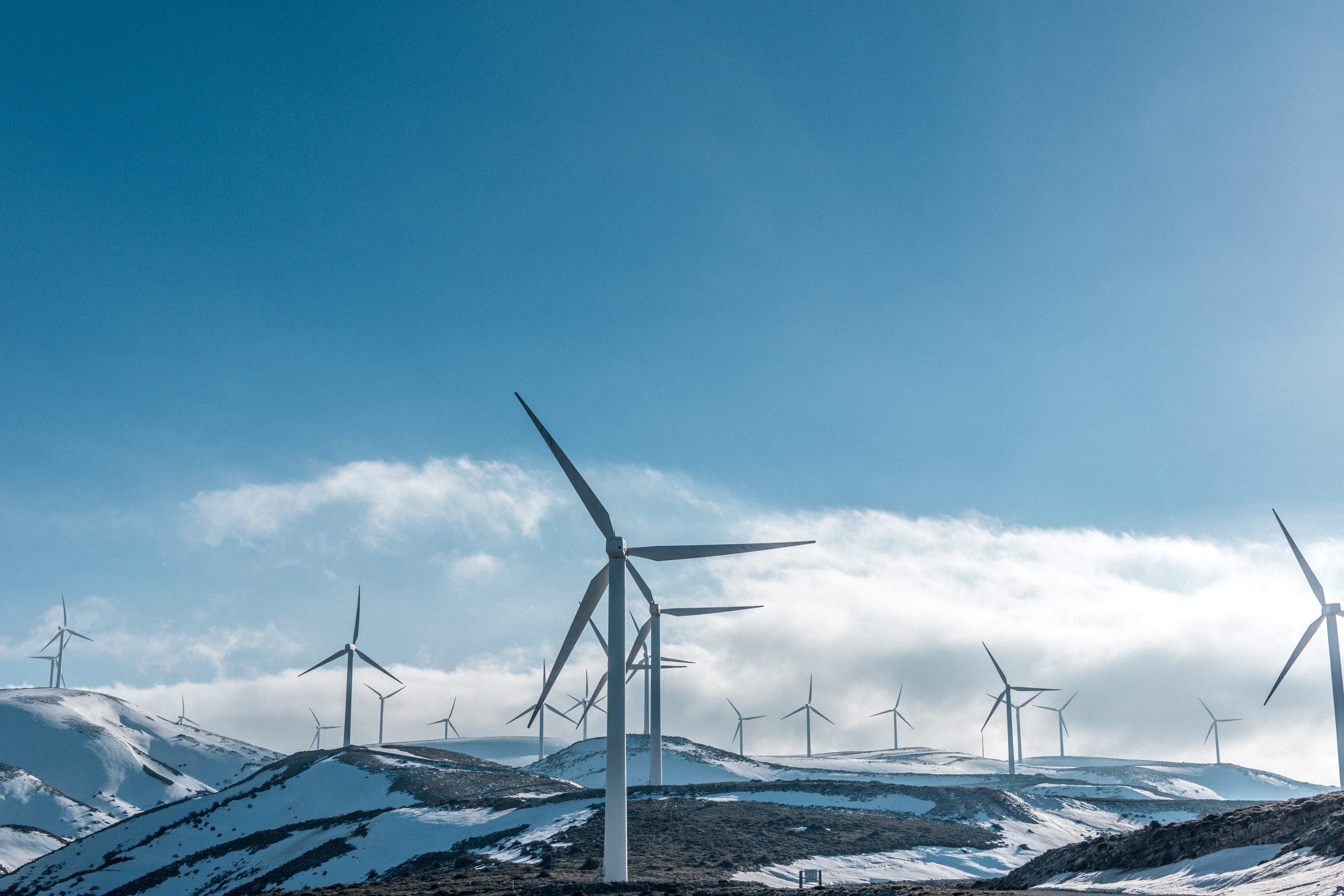Arctic Frontiers side-event: Exploring the new Arctic energy mix in light of major electrification projects#
Date: 1st February, 2024 Venue: Tromsø, NorwayThe Academia Europaea Bergen Knowledge Hub
 is organising a panel discussion at the upcoming Arctic Frontiers 2024 conference in Tromsø. The conference which takes place from January 29th – February 1st will include our very own session titled 'A new Arctic energy mix – at what costs? The Finnmark example'.
is organising a panel discussion at the upcoming Arctic Frontiers 2024 conference in Tromsø. The conference which takes place from January 29th – February 1st will include our very own session titled 'A new Arctic energy mix – at what costs? The Finnmark example'.
We welcome you to join us for this important discussion which will take place on 1st February, during the Arctic Frontiers 2024 conference
 in Tromsø.
in Tromsø.
Background#
In August 2023, the Norwegian Government announced its decision to change the energy source at Melkøya’s Liquid Natural Gas plant, from natural gas to electrical power. This announcement has since sparked a polarised debate. This decision has ramifications that extend beyond local considerations. The debate mirrors numerous global challenges related to the green transition and the need for more energy.
The Intergovernmental Panel on Climate Change (IPCC) states that there’s a probability exceeding 50% that global temperatures will increase to or exceed 1.5 degrees Celsius between 2021 and 2040. Norway, much like the rest of the world, is struggling to achieve the 1.5 or 2-degree targets set by the Paris Agreement. The prospect of nearing 3 degrees appears likely considering current commitments and implementation. While the decision to electrify Melkeøya will have a significant positive impact on the reduction of Norway’s inland CO2 emissions, many fear negative consequences such as the impact on local industry, jobs, communities, nature, reindeer herding and energy security.
(IPCC) states that there’s a probability exceeding 50% that global temperatures will increase to or exceed 1.5 degrees Celsius between 2021 and 2040. Norway, much like the rest of the world, is struggling to achieve the 1.5 or 2-degree targets set by the Paris Agreement. The prospect of nearing 3 degrees appears likely considering current commitments and implementation. While the decision to electrify Melkeøya will have a significant positive impact on the reduction of Norway’s inland CO2 emissions, many fear negative consequences such as the impact on local industry, jobs, communities, nature, reindeer herding and energy security.
Like most Arctic regions, the population of Finnmark is rapidly decreasing, and the demand for energy plays a pivotal role, for example in the creation of new job opportunities. What amount of energy and from which sources, is required to compensate for the electrification of Melkøya? And how does this conflict with recommendations from the UN’s Intergovernmental Science-Policy Platform on Biodiversity and Ecosystem Services (IPBES)? These recommendations state that «The health of ecosystems on which we and all other species depend is deteriorating more rapidly than ever. We are eroding the very foundations of our economies, livelihoods, food security, health, and quality of life worldwide».
About our panel discussion#
The situation in Melkøya raises many issues. A central question is how to establish legitimacy by considering both scientific knowledge and stakeholder interests. Our panel discussion at Arctic Frontiers 2024 will delve into these dilemmas and explore potential solutions offered by advancing technologies and systems, such as multisource micro-energy plants, hydrogen solutions, offshore wind, and even possibly nuclear power.
Registration details for the conference at the Arctic Frontiers website .
.


